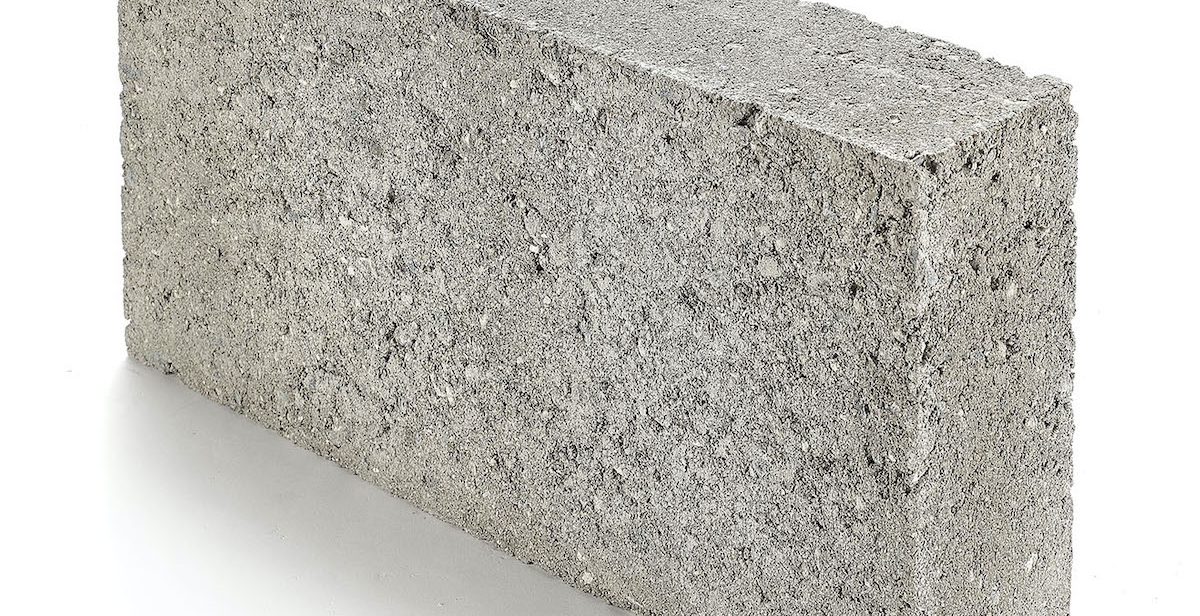Innovative company, CEMEX, has just created a zero-carbon concrete block, making it easy to reduce the carbon footprint of your house extension.
CEMEX is a building materials company that’s leading the way in sustainability. Fully committed to achieving net-zero, CEMEX monitors all its environmental pollutants. The company has already seen an 87% decrease in dust emissions since 2005. And now it’s turning its attention to building blocks.
Considering an extension?
While you may not be in the position to build your own carbon-neutral home, you might be considering a low emission extension. After all, Google data shows that in the UK, more people than ever searched for the term ‘house extension’ in 2020.
It’s tempting to leave emissions reductions up to the experts. But as consumers, we too need to take responsibility. “We’ve all got to commit to reducing carbon. It’s everyone’s role,” says Martin Ashfield, CEMEX technical manager for asphalt, surfacing and building products.
As a consumer, you have power. And if you’re building an extension, you’re in a position to demand more sustainable building materials. You won’t be the only one. Martin has seen the demand for greener solutions grow day by day in the last five years. “We’re getting more demand from consumers all the time,” he says.
The problem with concrete
Typical concrete is made from cement, aggregates (such as gravel, sand, crushed stone) and water. But cement is hugely damaging. Some sources say it’s responsible for at least 8% of global C02 emissions. That’s because making cement involves quarrying for limestone and clay and heating them to high temperatures
ReadyBlock Zero
CEMEX has created the ReadyBlock Zero in line with the Carbon Neutral Protocol, an open-source standard that helps businesses achieve carbon neutrality. The ReadyBlock Zero looks like an ordinary concrete block. But while it’s made from similar aggregates, the cement has been replaced with waste products from other industries.
Special activators are mixed with ground granulated blast-furnace slag (GGBS), another by-product from the steel industry, to create a more sustainable building product.
How is it measured?
A normal concrete block has around 1.3kg of embedded CO2 by the time it reaches the builders’ merchant. This is down to the sourcing of raw materials, transport, the power used to create a product and packaging.
But by using more readily available materials, CEMEX has reduced that down to 0.3kg in the ReadyBlock Zero. And Natural Capital Partners offsets the residual amount through various emission reduction projects.
With all the greenwashing going on, it can be hard to make truly sustainable decisions. But in order for CEMEX to partner with Natural Capital Partners, the ReadyBlock Zero has undergone a rigorous process. And findings have been verified by a third party, meaning you can trust its green credentials.
But it’s not all about the building blocks. To reduce the carbon footprint in your house extension, there are some other measures you can take:
- Consider having a timber frame
- Opt for traditional materials where possible
- Fit LED light bulbs
- Insulate well
- Consider heating your structure with an air source heat pump
The government has called for a 30% reduction in CO2 emissions in new homes by 2030. In the drive towards net-zero, these new regulations mean that all new homes will have to meet stricter standards.
So if you’re planning a house extension, why not lead the way by demanding the most sustainable materials possible?

